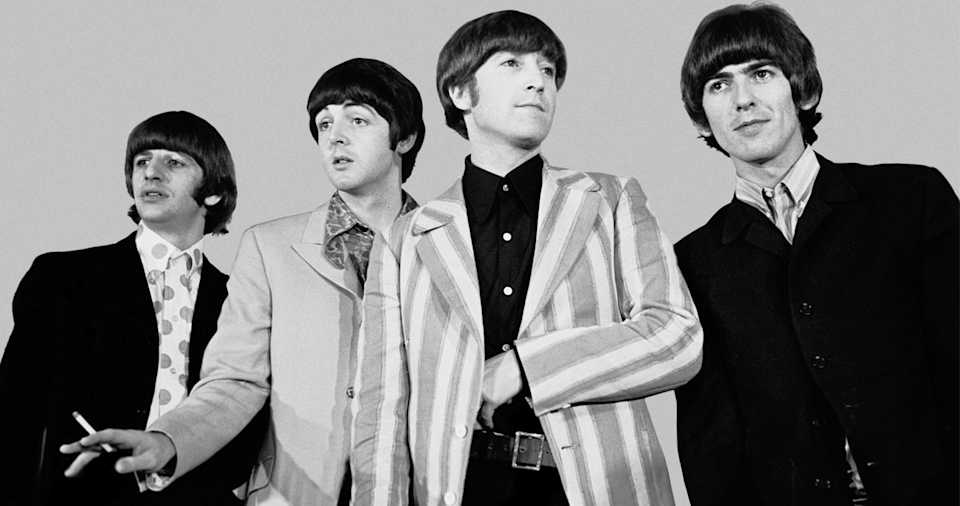By 1966, culture, fashion, art and comedy were undergoing a giddy renaissance, yet it was pop music that was the prime mover. Its influence over the youth now solidified, pop could push beyond its hormone-fuelled bedrock. It was increasingly wandering into new frontiers of possibility.
Nothing exemplified this as clearly as the sonic evolution of the Beatles.
Since their explosion into the public consciousness a scant three years earlier, the Fab Four had demonstrated an aptitude for pop songwriting.
Now, curiosity – and competition – had spurred them to deviate away from the thematic norms of pop songwriting (i.e. love, relationships and relentless positivity).
On their sixth studio album, Rubber Soul in 1965, John Lennon, Paul McCartney, George Harrison and Ringo Starr had widened their musical scope significantly. Edging away from the dictates of pop commerce, Rubber Soul rippled with more mature themes – and a more varied instrumental palette.
But it was 1966’s Revolver that really instigated the Beatles’ pioneering second stage.
One track in particular is undoubtedly a firm contender for being the most groundbreaking in the history of recorded music.
Tomorrow Never Knows was the very first track to be cut for the album, and contained multitudes of technical innovations. It sounded unlike anything anyone had ever heard before. And yet, it resonated with the era perfectly.











Leave a Reply